Mango
Mango is rich in fiber and polyphenols antioxidants, especially mangiferin. High contents of vitamin C and A boost immunity and folate ensures healthy prenatal development. Vitamin C content also improves collagen production, making it beneficial for hair and skin health. Mango can help lower cholesterol and thanks to magnesium, potassium and mangiferin keeps heart health in check. Apart from fiber, mango contains enzymes that help break down complex food molecules and help their absorption, making it great for digestive health and relieving constipation. It supports eye health thanks to antioxidants lutein, zeaxanthin and vitamin A.

